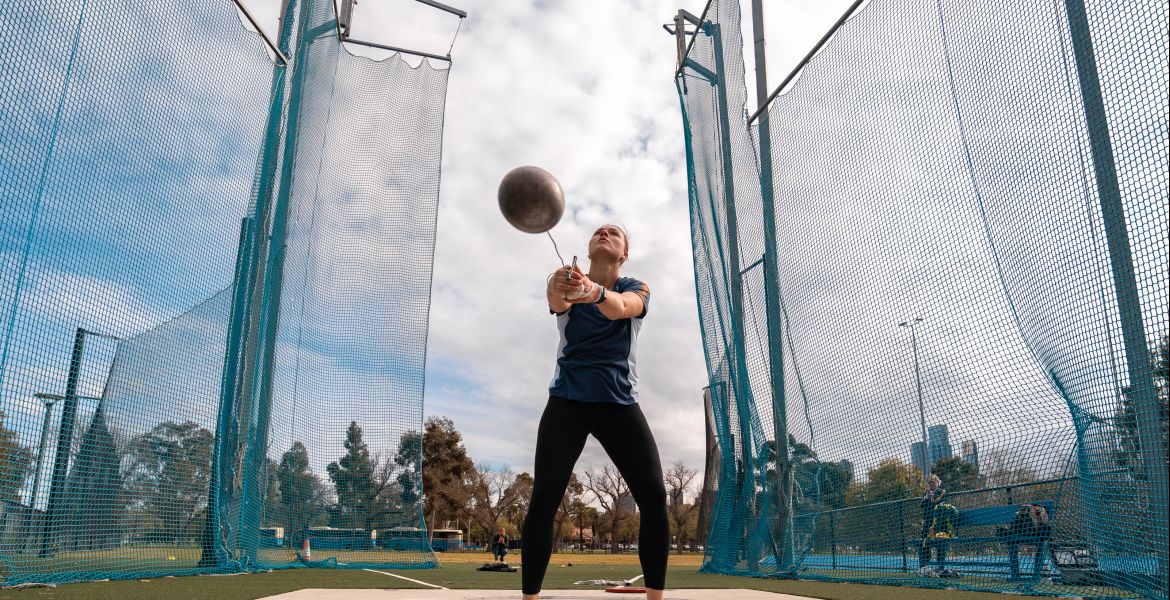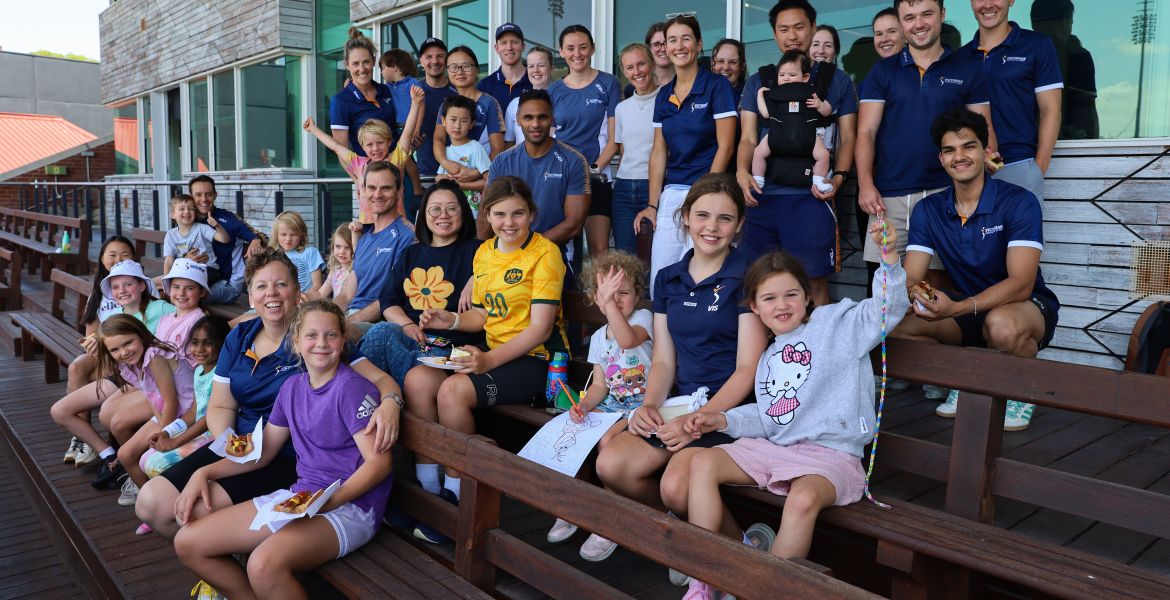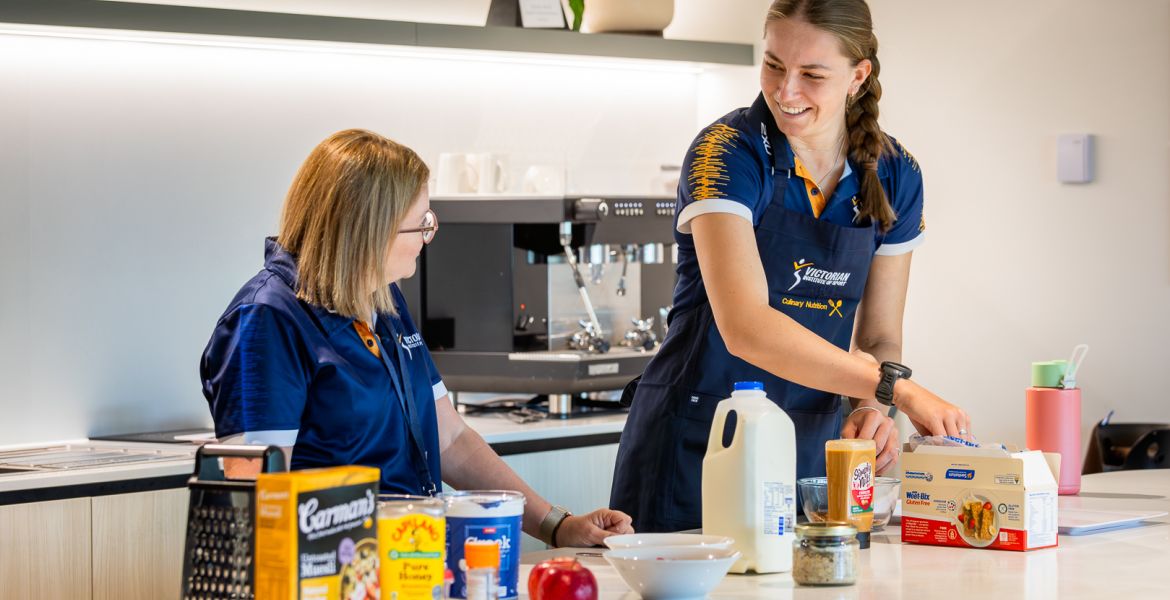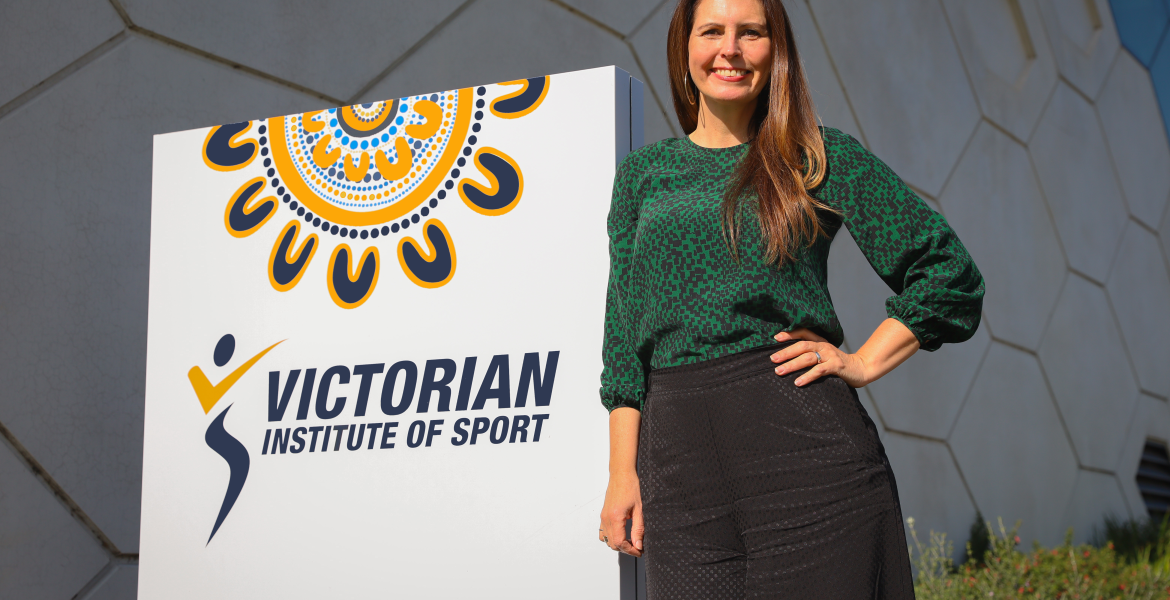The Victorian Institute of Sport is typically in demand as a centre of high-performance excellence.
As a training venue for the Matildas, for example, or as a source of information and collaboration for local and international sports science communities. AFL clubs regularly visit. Even the odd F1 driver has been known to explore the environment in which Olympic and Paralympic campaigns are designed and brought to life.
So it was a break from the norm when 13 graduate students from the law faculty of Arizona State University recently visited.
The students – drawn from the ASU Masters of Sports Law and Business, Juris Doctorate and Master of Legal Studies courses - spent a day at the VIS as part of a two-week Australian visit designed to offer them insights into the Australian sports ecosystem, its sports business and media rights models and something of the global sports landscape.
They were introduced to, among other topics, the VIS philosophy of Success in Sport and Life, the importance of storytelling to connections between athletes and fans, and the various models employed to fund elite athletes in Australia.
The collaboration between the VIS and ASU was initiated through the efforts of ASU Associate Dean and Professor, Diana Bowman, who, as a Melbourne native, was familiar with the VIS’ primary position in the Australian high-performance system. A system which is largely government-funded unlike the college-based US model.
“On-site visits, and international partnerships, allow for students to step outside of their comfort zone and imagine other ways of doing things,” Bowman said.
“Not only do such partnerships challenge the status-quo but they enable students to appreciate that there is no “one way” of doing something, and that different models work in different jurisdictions in response to culture, politics, and law.”



















